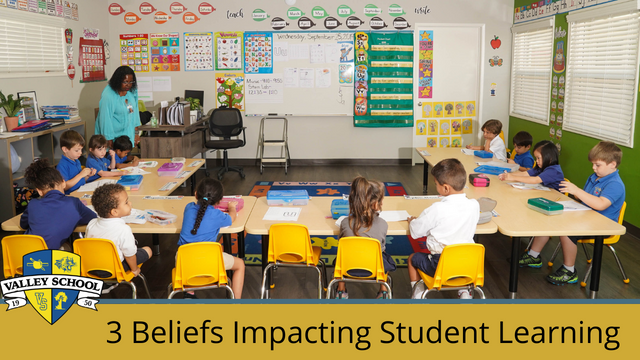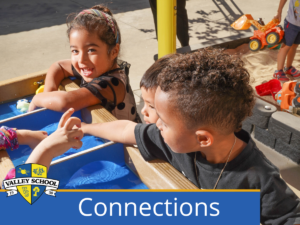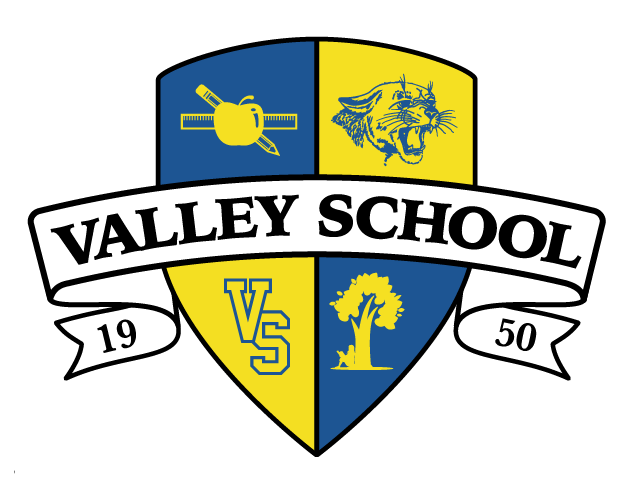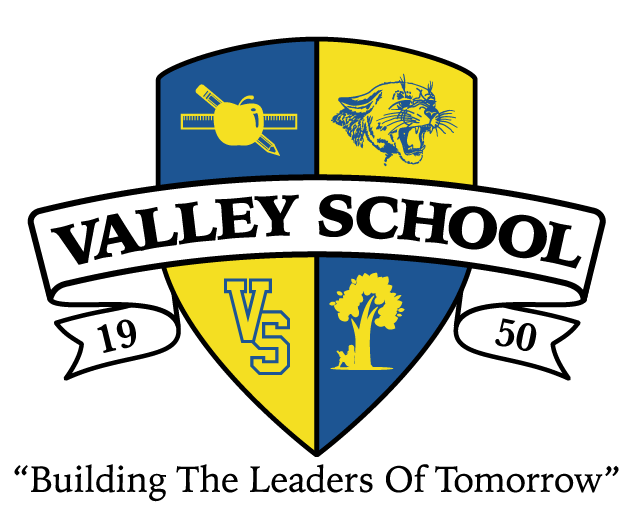
Students in a private elementary school may have their own set of beliefs that impact their learning experience. Teachers and parents should take the time to understand these beliefs to find strategies to help students respond more positively to lessons and life experiences inside and outside of the classroom.
1. Perspective
If a student is struggling, the teacher will work with the student. This starts by finding the issue and determining why the student is struggling with learning. These children often don’t have positive beliefs, and it can be hard for them to understand that there is a solution.
Students shouldn’t be given the answers to their problems. Instead, the teachers in a private elementary school will work with the student while encouraging them until they come up with the right answer. Finding perspective means putting yourself in the student’s shoes. Give them time to find the right answer, allow them to ask for help, and provide positive reinforcement throughout the learning process.
2. Connections

Some students may be unable to connect with what they learn in the classroom. They may find some subjects more challenging as they look at each as a puzzle with information hidden beneath the letters.
If a student simply doesn’t know where to look and is struggling to find information, the teacher will help the student make the right connections and help mold a more positive way of thinking and combatting a problem.
If the student is a nonstrategic learner, they may be unable to make connections as they are taught. Students in a private elementary school may hear and understand one thing, but it isn’t what the teacher actually explains. This can negatively impact the way the student learns. To combat this belief, offering students examples of what is required and expected may be helpful.
3. New View on Failure
Failure is another belief that may limit students’ capacity to learn. If the student views failure in a nonstrategic way, they may not readily receive constructive feedback or criticism. They think they will fail again because they did something wrong the first time.
Students who believe in and practice strategic learning use the feedback they are given to improve. Instead of looking at failures as absolute, these students can still find success by building on them and learning from them. Since the fear of failure can greatly impact elementary students, it is important to show them how to overcome it.

